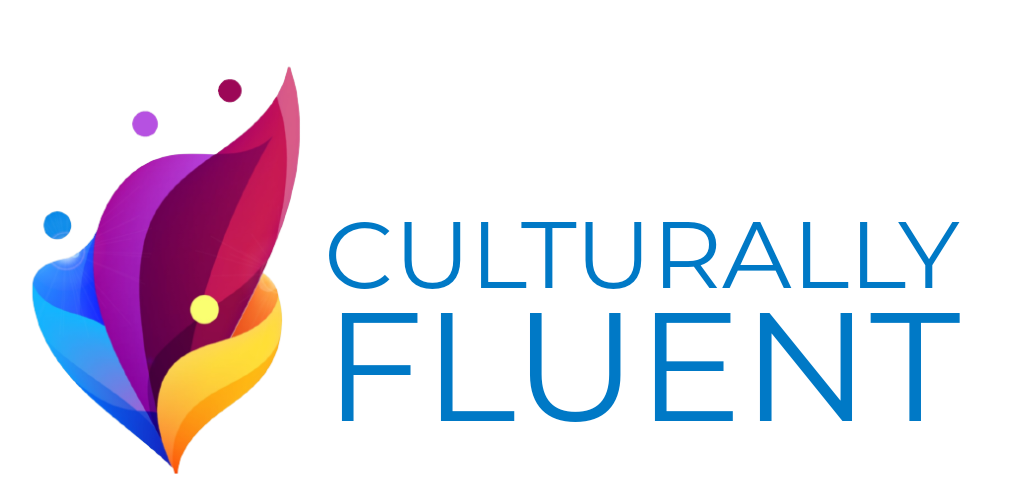Ages and Stages of Racial Identity Development
This course is designed for parents, teachers, and anyone interested in understanding the complexities of race and identity in today's world. You'll gain a deep understanding of the racialization process, and learn how it affects children of different ages and stages.
What makes this course unique is the focus on children's experiences. You'll explore what babies see, what four-year-olds say, and how schools impact a child's racial identity. You'll also discover the pivotal age of 10, and how experiences at that age can shape a child's identity for years to come. Learn how to be a powerful influencer on how children see and interact with their peers.
Format
Online
Course
Starting date
July 13, 2024
Author
Valarie Chavis
TIME
7:00-9:00pm
Duration
2.5 hours
Price
$59
About the Course
We are born into a world of set patterns, habits, systems, and beliefs. No matter where we are born and to whom we are born, the simple act of a child being born begins the process of racialization, ethnocentrism, and socialization. We are born whole and human. We are born equal in all the ways that matter. However, we are quickly and unwittingly socialized into a racialized hierarchy based on where we are born, the history, traditions, rules, laws, customs, and expectations of the dominant culture. We are not just born with different levels of melanin. What do babies see? What do four-year-olds say? Do they really want to match or is something else going on? Does the school affirm your child's racial identity or devalue it? What happens at 10 that's not easily reversed?
This will be two hours focused on racial, cultural, and ethnic identity development.
This will be two hours focused on racial, cultural, and ethnic identity development.
1. Socialization Cycle
2. Where Ideas of Race Come From
3. What Kids Are Thinking at Each Age
4. How Ideas of Race Affect Black Children
5. Your Role in Racial Identity Development
6. School, Media, Community Impact
7. 30 Conversation Starters
8. Resources
Goals Focused Training
By participating in goals-focused training, you can improve your cognitive flexibility, allowing you to adapt to new situations and think creatively.
Inquiry-Based Approach
Inquiry-based training is a dynamic and engaging learning approach that empowers individuals to explore, question, and apply knowledge in real-world contexts.
Accelerated Learning
Accelerated learning is the key to unlocking your full potential. Our proven methods combine cutting-edge neuroscience with practical teaching strategies to help you learn more efficiently and effectively.

